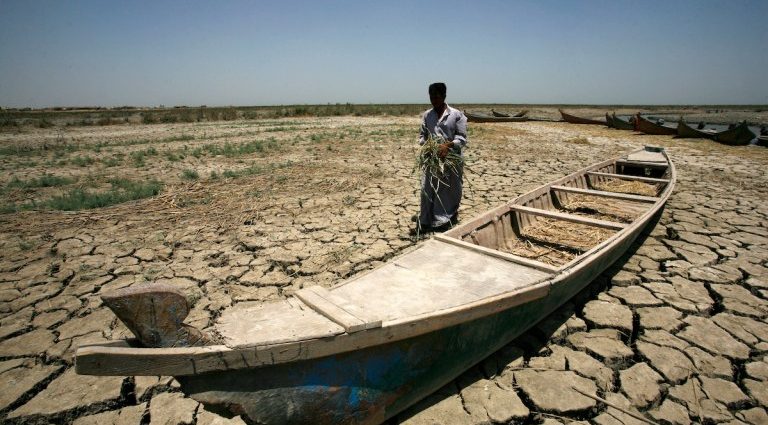
According to UN forecasts, by 2030 the world population could reach 8.5 billion, and by 2050 more than 9.7 billion. Although for tax and pension authorities, this is without doubt excellent news, for the planet it is not, as the demand for natural resources will only increase.
To be more precise, energy demand is set to grow by 50% by 2030, and the amount of minerals, ores, fossil fuels, and biomass consumed globally per year could triple between now and 2050, whereas global growth in water demand for all uses is also set to increase by 50%.
Natural resources are limited, and sooner or later, humanity will face shortages. If the lack of food could be reduced by GMO (genetically modified organism) use and the consumption of crickets and mealworm larvae, the situation with water is much more complicated.
In Niger alone, the Sahara Desert expands southward by 48 kilometers per year, degrading the soil and affecting the already precarious livelihoods of a growing population. As water scarcity increases, the world may face escalating conflicts between India and Pakistan, China and Vietnam, Turkey and Syria, and the list continues.
No wonder the iShares Global Water UCITS ETF USD has risen more than 52% in the last five years, while Coca-Cola Company and Nestlé SA stocks are up 23% and 42% respectively. The upside of investing in water resources is that they enjoy inelastic demand. In other words, when the price changes, demand for the commodity does not change significantly.
As for commodities, things also don’t look great. Driven by population and GDP growth, at the global level, a surge in demand is expected for fossil fuels and steel.
The epicenter of future events in this sense will be the Arctic. Melting ice will accelerate the development of the region, particularly the exploitation of resources (gas, oil, and rare-earth metals). Some even predict a new “cold war” over Arctic resources.
In summary, the future promises to be challenging in every possible aspect. Competition for resources could lead to new confrontations, migration waves, and general uncertainty. Problems with inflation will pale in comparison.

